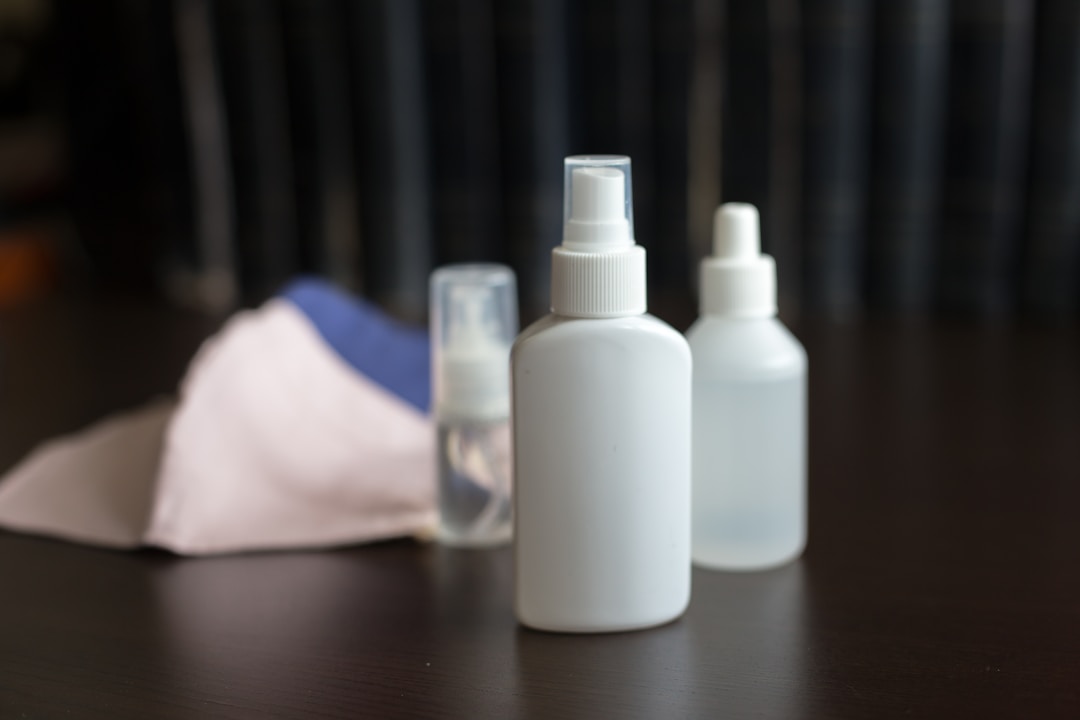
The Legality of Medical Product Merchandising
It’s common knowledge that the medical industry is vital in the United States and beyond because it’s responsible for addressing the health concerns of the masses. When delivering quality healthcare, medical products must be sold to patients or hospitals to help with treatment.
Medical products are devices, articles, and merchandise used by healthcare professionals and patients to diagnose, treat or prevent diseases. Several medical products are being promoted in the country under strict legal requirements to protect consumers. Below are some insights into the legalities surrounding medical product merchandising.
Misbranded products are prohibited.

Medical products are considered misbranded if their advertising is false or misleading in any possible way. It’s against the law to rely on deceptive promotional techniques to drive sales for your products, and you can even be prosecuted or fined for this. Products are also considered misbranded if their labels don’t contain required information like precautions, potential side effects, contraindications, and intended use information. Therefore, leading producers of medical products always go to great lengths to ensure that their products aren’t misbranded. Popular natural supplement manufacturers such as Leading Edge Health are examples of such businesses.
Leading Edge Health is a known nutritional supplement company that tests, formulates, and sources quality nutraceutical products. They’re the producers of Semenax, an all-natural herbal supplement designed to boost sperm production. Men’s average sperm count and sexual function begin to decrease due to age and lifestyle factors. Semenax combats this decline by increasing sperm volume and sperm motility, causing you to ejaculate more semen. What’s more, it also doubles as a male enhancement pill, increasing your libido and allowing you to enjoy longer and more intensified orgasms.
You can be prosecuted for false endorsements.
There are several medical products that manufacturers can promote to the public, provided they aren’t advertised with false endorsements. The FDA, FTC, and related agencies are mainly regulatory bodies that ensure that medical product manufacturers are compliant with standards. Therefore, claiming that these and several other government agencies endorse your products is considered deceptive because you attempt to borrow these agencies’ credibility to convince potential customers to make purchases. Good lawyers can be hired to prosecute such businesses. Respected attorneys such as Malliha Wilson have a wealth of knowledge and experience in this field.
Malliha Wilson is a Tamil Canadian lawyer who was the Ontario Government’s Assistant Deputy Attorney General from 2008 to 2016. She’s a McGill University alumnus and completed her law degree at York University in Toronto. For over 30 years, she served with the Ontario Government as the Senior Appellate Litigation Counsel. Malliha was also the Special Legal Advisor at the Investment Management Corporation of Ontario (IMCO). She has participated in more than twenty high-profile cases at the Ontario Court of Appeal and the Canadian Supreme Court. Currently, Malliha Wilson is a senior partner at Nava Wilson LLP, specializing in human rights, labor law, constitutional, corporate, indigenous, and other complex litigation.
Upholding good manufacturing practices is essential.
If you search for “how to prioritize your family’s comfort at home,” you’ll undoubtedly find suggestions about cleaning your HVAC system and updating your furnace to ensure indoor air quality. It turns out the law is also particular about maintaining similar sanitary standards for businesses engaged in the manufacture of drugs and medical devices. Firstly, you must fully register your establishment. This establishment is also subject to inspections, including surprise ones, to determine how effectively you’re upholding good manufacturing practices (GMPs).
To conclude, specific legal standards govern the merchandising of medical products in the country. The above-listed points are examples of such legalities that must be adhered to when merchandising your medical products.
